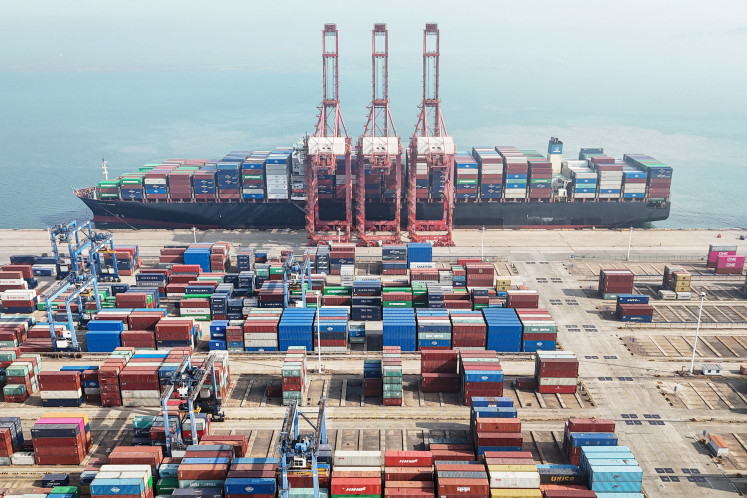Popular Reads
Top Results
Can't find what you're looking for?
View all search resultsPopular Reads
Top Results
Can't find what you're looking for?
View all search resultsLetter: Dealing with plastic waste
Due to the dire straits of our planet and what seems to be a generalized apathy toward improving recycling technology; I would like to pose a question, or rather more of a challenge
Change text size
Gift Premium Articles
to Anyone
D
ue to the dire straits of our planet and what seems to be a generalized apathy toward improving recycling technology; I would like to pose a question, or rather more of a challenge. As I understand it, the main hindrance with recycling plastic (specifically bottles and containers) is that it is unprofitable and labor intensive, as shown by the following (taken from Wikipedia):
Plastic recycling rates lag far behind those of other items, such as newspapers (about 80 percent) and corrugated fiberboard (about 70 percent). Low plastic recycling rates are due to the complexity of sorting and processing, unfavorable economics, and consumer confusion about which plastics can actually be recycled. Part of the confusion has been due to the recycling symbol that is usually found on all plastic items.
This symbol is called a resin identification code. It is stamped or printed on the bottom of containers and surrounded by a triangle of arrows. The intent of these arrows was to make it easier to identify plastics for recycling. The recycling symbol doesn't necessarily mean that the item will be accepted by residential recycling programs. They just indicate the plastic resin content.
Now since items slated for recycling must be sorted by hand per resin identification code, this makes the process labor intensive and not cost effective. Thus the landfills grow even greater and the oceans even filthier. It would seem to me that the holdup in making recycling a viable option could be solved very easily, that is, if scientific minds were directed to do so.
For instance, what if already existing scientific equipment were slightly modified to address identification in an automated fashion. Let me suggest for starters, the spectrometer.
I assume that you will take the initiative to survey the current uses of the spectrometer. I am sure it can be modified to scan and detect, if not the component of the material itself then at least some embedded element included in the production process of such containers. Countries that import such containers would be held to a more ecological standard by having such innovations. But don't stop there. There are probably a host of scientific equipment that could meet or even exceed the spectrometer that I don't even have knowledge of. Please, gentlemen, exert yourselves, our future depends on it.
Phillip Ghee
Irvine, CA, United States










